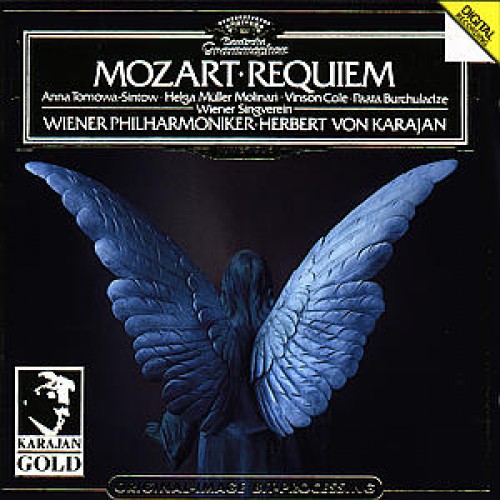Accessories |
My Account
|
Log In
|
English |
€ Euro |
Advanced Search
|
All Categories
BEST SELLER
500
NEW RELEASES
6.542
SPECIALS
224.090
Your search:
No selection
Filter results:
TECHNICS
264.034
GAMES/SOFTWARE
25.915
MUSIC
719.654
Christian Music
739
- Asia Pop
9.522
- Austro Pop
208
- Brit Pop
240
- Dutch Pop
1
- Euro Pop
38
- French Pop
563
- Indie Pop/Lo Fi
24
- Italo Pop
282
- Latin Pop
6.874
- MiddleoftheRoad
2.517
- Oldies
63
- Other Pop
236.645
- Party
33
- Synthi Pop
313
- The 60s
258
|
Music Movie Audiobooks Merchandise Children's |





















